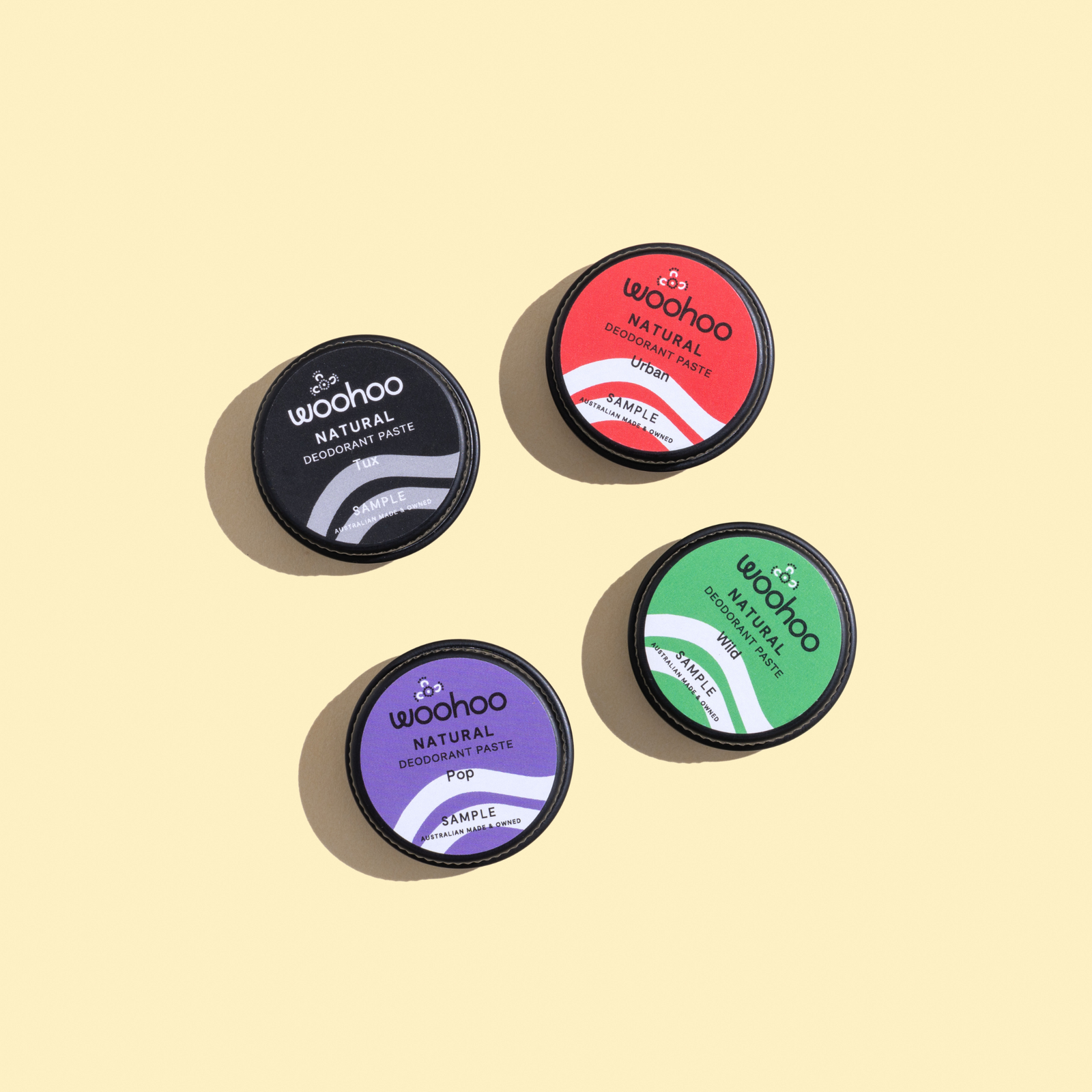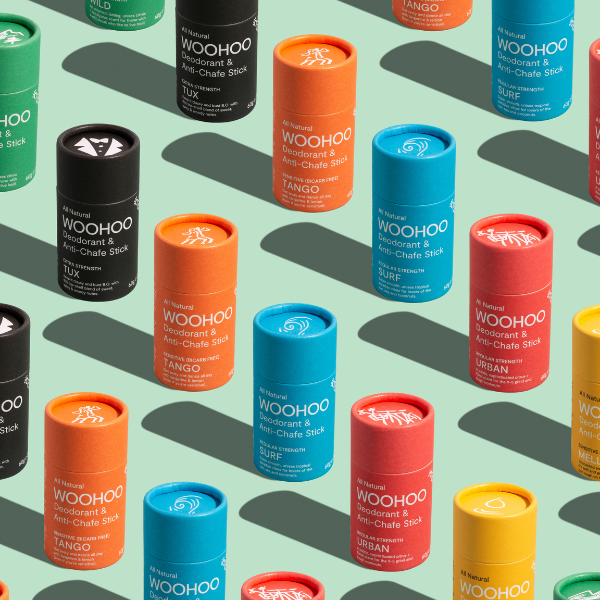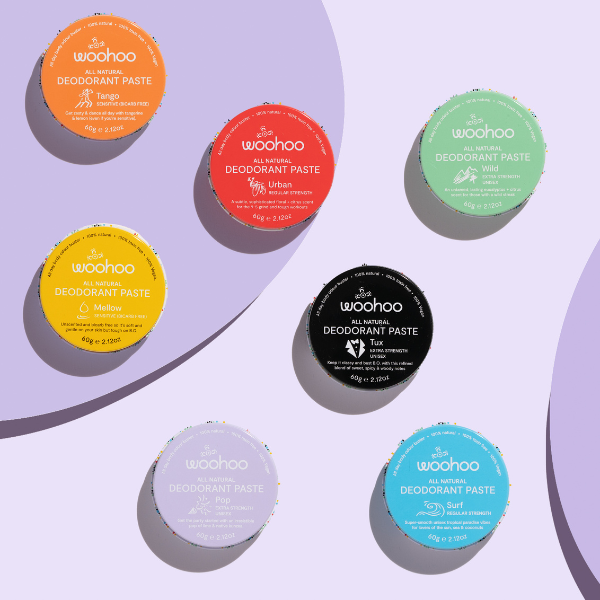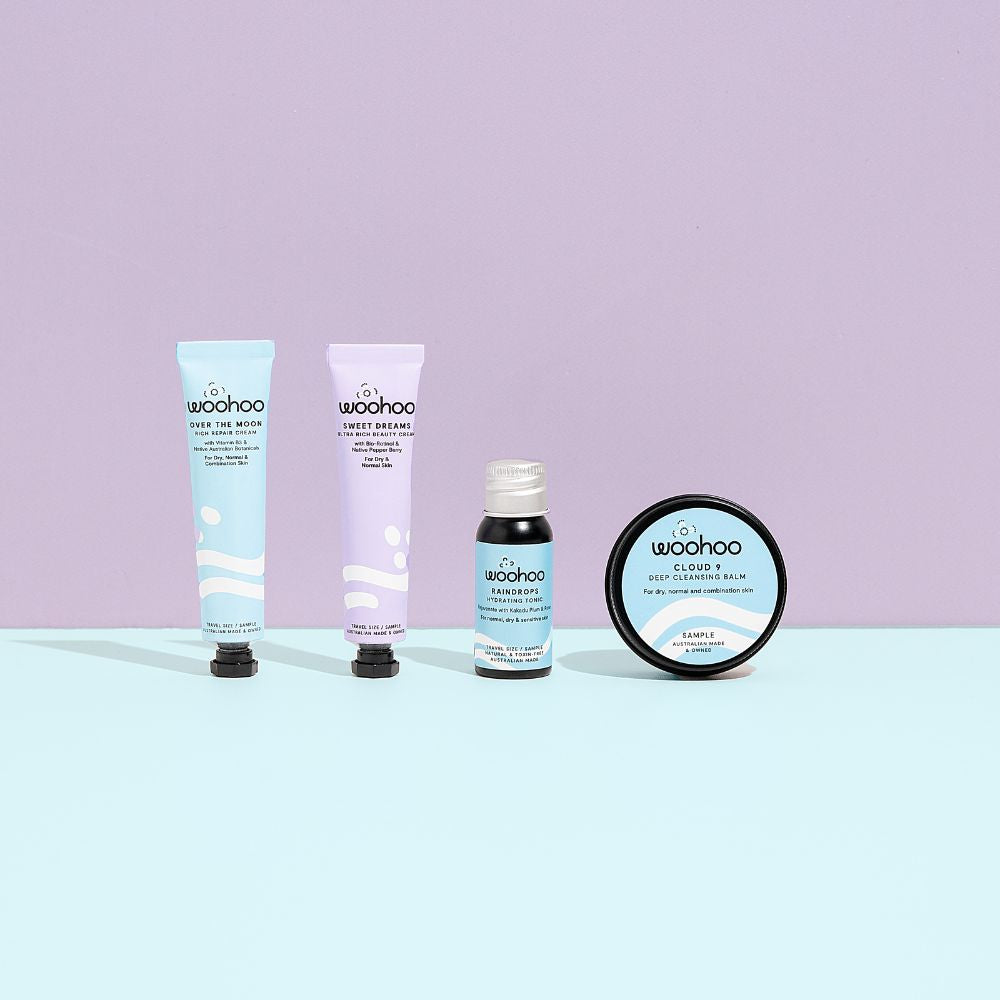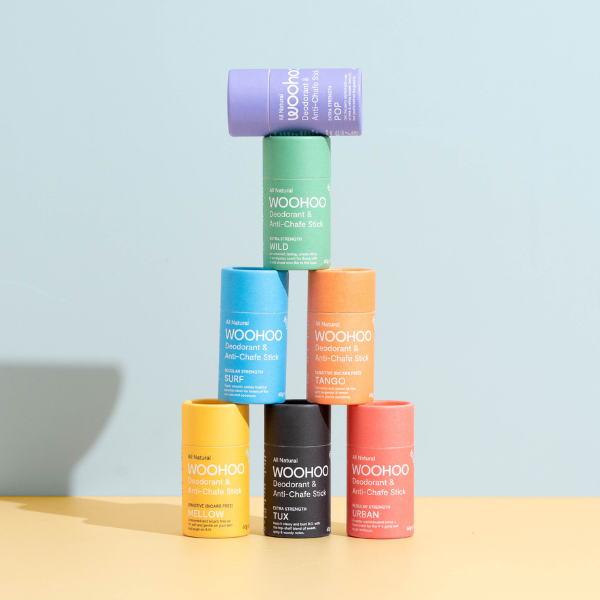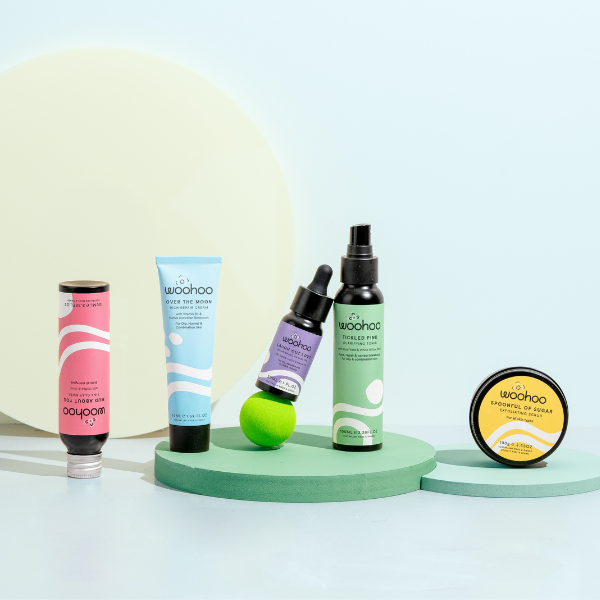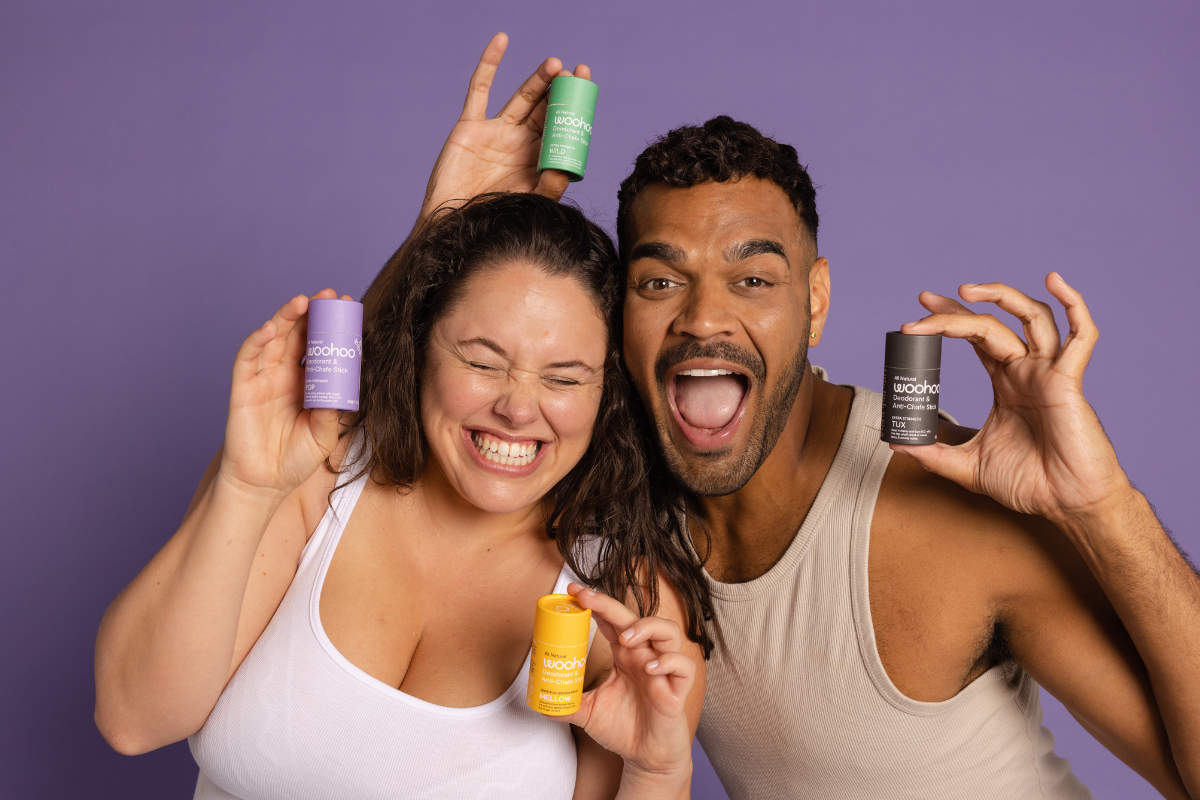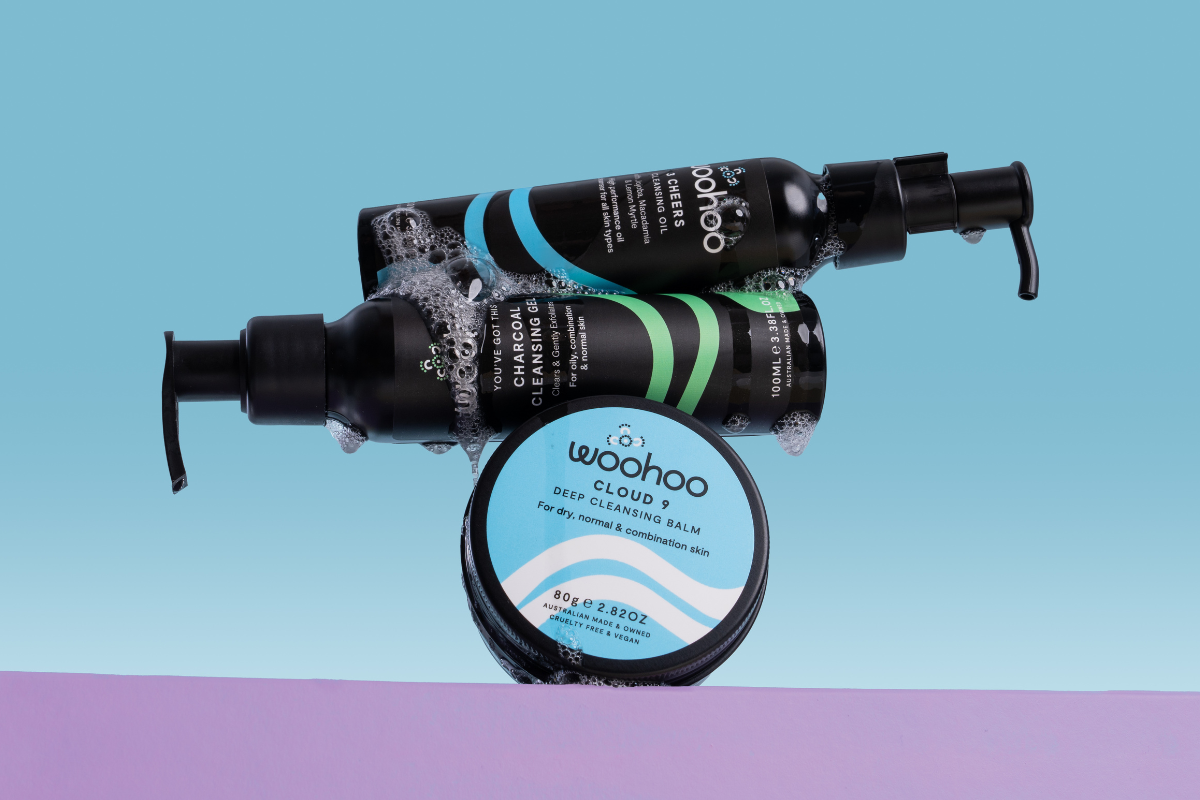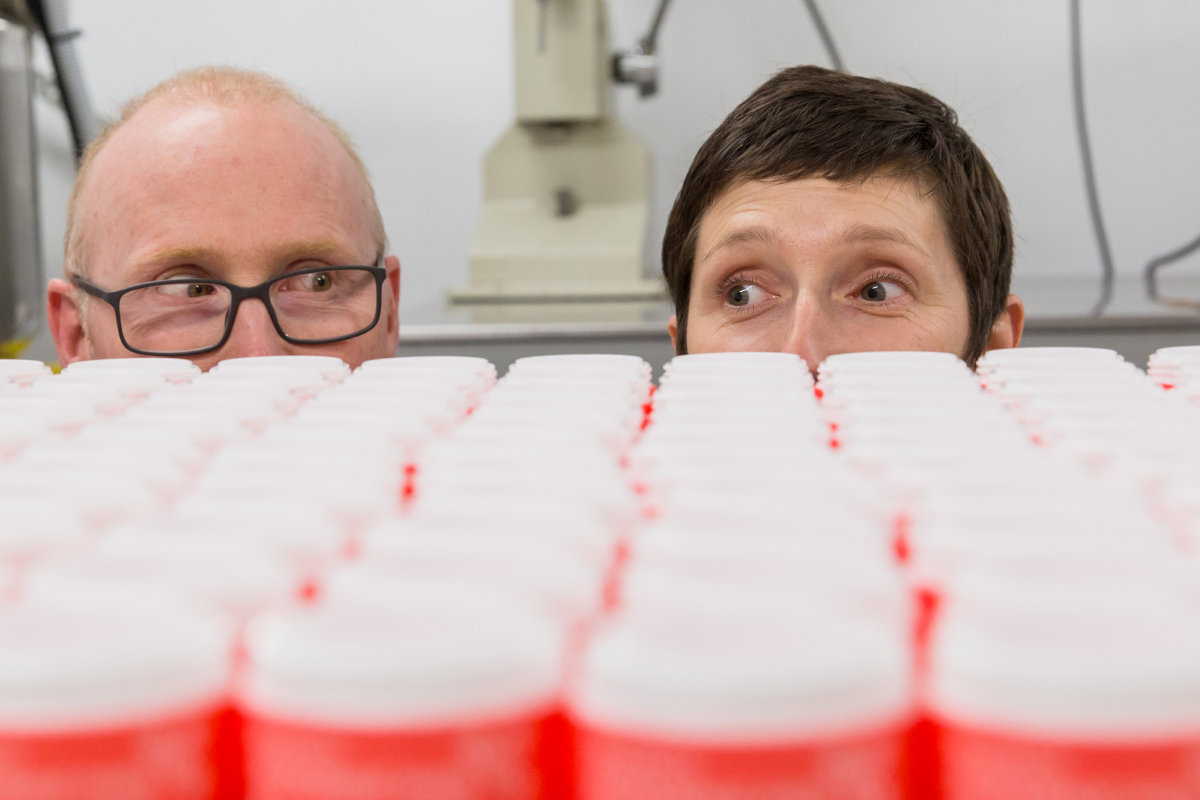Not so long ago it seemed a bit of a “too much information” when someone asked “how’s your gut flora?”. We didn’t talk about things like gut health and poo.
The times they are a changin’!
Now it’s gone a step further. Now we’re asking “How’s your skin flora?” (admittedly this is a little less cringe-worthy than talking about our bowels).
Everyone from medical professionals to instagram celebs are singing the benefits of improving the good bacteria in your gut. It’s because researchers are learning more and more about how the trillions of little microbes living inside you contribute to your overall health.
And we’ve seen it all before… trends that start in the food world very quickly jump the tracks and start popping up in the beauty product world. Just after you sipped on your first turmeric latte, turmeric skincare products appeared.
So it’s no surprise that Probiotics jumped out of smoothies and into your facial serum.
Let’s backtrack - what’s a probiotic?
Let’s talk about your gut again. Your gut (i.e. your stomach, intestines and bowels) is home to over 100 trillion teensy weensy living organisms called microbes (or bacteria).
You’ve probably heard about “good bacteria” vs “bad bacteria”. Well, most bacteria in your gut are the good kind. That means they’re beneficial for your health and help your digestive system to do its thing. If you have digestive issues, you might need some more good bacteria to restore balance (especially if you’ve got a higher than normal amount of “bad bacteria”).
That’s where probiotics come in. Probiotics are the good bacteria. And there’s also prebiotics, which help the growth of good bacteria.
Now let’s jump out of your gut and go back to your skin...
Is Probiotic skincare just another fad?
Some sceptics think so but instead of following the blogging hype we went in search to see if there was any substance behind the emerging probiotic skincare trend.
It’s still early and more studies need to be conducted but the results are very promising - Probiotics, prebiotics and lysates (tiny refined particles from bacteria cells) are able to improve certain skin conditions and overall skin health.
Hurrah!
Here are some of the super cool things researchers have found about what good bacteria can do for your skin:
- Improve skin barrier health
- Help prevent and clear acne
- Improve hydration
- Strengthen sensitive and reactive skin
The ability to treat acne is where the poo comes in. A strain of bacteria called E. faecalis SL-5 was found to greatly reduce acne inflammation and have antimicrobial effects on P.acnes bacteria. YES - Faecalis was extracted from human faeces or (more simply) poo.
The sceptics shouldn’t be so quick to judge. When you think about it, it does make sense.
Just like your gut, your skin is a diverse ecosystem of bacteria, fungi and viruses that protect you against pathogens. Keeping the good guys in the majority is in your best interest, because when the good bacteria thrives then the bad bacteria suffers.
The challenge for skincare manufacturers like us is in creating products that can deliver the probiotics, prebiotics and lysates so they can do their skin awesomeness thing.
New ingredients are are being developed all the time, but there are some that have been around for yonks now, like lactic acid and hyaluronic acid.
Happy probiotic products
We’re proud to say that we were using probiotic ingredients in Happy products since 2010. That was pre-tumeric latte era (It’s always satisfying to know you did something before it became mainstream hehe).
The main two we use in our products are Fermented Radish Root Filtrate and Fermented Papaya Extract.
So if you want to up your dose of skin-loving probiotics, you can find them in these lovely Happy creations:
- Raindrops on Roses Hydrating Tonic (radish root)
- Tickled Pink Perfecting Tonic (a double dose - radish root AND papaya)
- Perfectly Happy Light Anti Oxidant Cream (papaya)
There you go - you’ve probably been using Probiotics in your skincare products without even realising how on trend you are. Well done - no wonder your skin loves you for using Woohoo Skincare :)
References
Studies we researched for this article include:
- Muizzuddin N, Sullivan M, Schnittger S, Mammone T. physiological effect of a probiotic on skin.J Cosmet Sci 2012;(63):385-395.
- Di Marzio L, Cinque B, Cupelli F. et al . Increase of skin-ceramide levels in aged subjects following a short-term topical application of bacterial sphingomyelinase from Streptococcus thermophiles.Int J Immunopathol Pharmacol 2008;21(1):137-143.
- Gueniche A, Bastien P, Ovigne JM, et al. Bifidobacterium longum lysate, a new ingredient for reactive skin.Experimental Dermatol 2009;19:e1-e8.
- Sharma D, Kober M, Bowe W. Anti-aging effects of probiotics.Journ Drugs Dermatol 2016;15(1):9-12.
- Kang BS, Seo JG, Lee GS, et al. Antimicrobial activity of enterocins from Enterococcus faecalis SL-5 against Proprionibacterium acnes, the causative agent in acne vulgris, and its therapeutic effect.J Microbiol 2009;47(1):101-109
- Paula Simpson RNCP The Skin Microbiome. Alternative Medicine April 2017.

